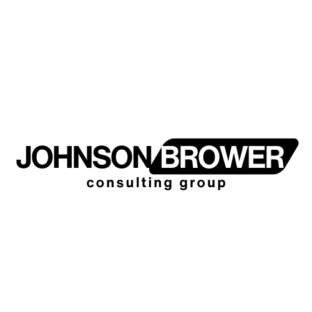The Science Behind Loyalty
Behavioral Psychology
Behavioral Psychology
Behavioral Psychology is instrumental in studying and influencing customer behavior and decision-making patterns. By understanding the principles of behavioral psychology, businesses can design strategies that effectively guide and motivate customer actions and loyalty. Here’s how behavioral psychology impacts consumer loyalty:
Understanding Behavioral Patterns: Behavioral psychology helps identify patterns in how customers behave, including their purchasing habits, brand interactions, and responses to various marketing stimuli. By recognizing these patterns, businesses can predict future behaviors and tailor their strategies accordingly.
Influencing Decision Making: Insights from behavioral psychology provide an understanding of the cognitive biases and heuristics that influence consumer decision-making. Businesses can use this knowledge to craft marketing messages and product placements that align with these biases, making it more likely that consumers will choose their products or services.
Motivating Actions through Rewards: Behavioral psychology emphasizes the importance of reinforcement and rewards in shaping behavior. Loyalty programs, discounts, and personalized incentives are examples of how businesses can use positive reinforcement to encourage repeat purchases and foster loyalty.
Reducing Aversion and Increasing Commitment: Understanding the aversions and fears that customers have allows businesses to address and reduce them. Behavioral psychology techniques can be used to minimize perceived risks, increase the perceived value of products or services, and encourage a sense of commitment and loyalty.
Social Proof and Conformity: Behavioral psychology demonstrates that people often look to others when making decisions. Businesses can leverage social proof through testimonials, reviews, and influencer partnerships to influence customer behavior and increase loyalty.
Habit Formation and Routine Building: Behavioral psychology helps in understanding how habits are formed and how routine behaviors are maintained. Businesses can design their customer journey and touchpoints to become a part of the consumer’s routine, making their product or service a habitual choice.
Emotional Conditioning: Emotional responses are powerful motivators of behavior. Through branding and customer experience strategies, businesses can create positive emotional associations with their products or services, leading to increased customer retention and loyalty.
By applying the insights and strategies derived from behavioral psychology, businesses can effectively influence and motivate customer actions towards increased loyalty and commitment. Whether it’s through understanding decision-making biases, leveraging social proof, or creating positive reinforcement mechanisms, behavioral psychology provides a powerful toolkit for understanding and shaping consumer behavior towards sustained loyalty and business growth.

